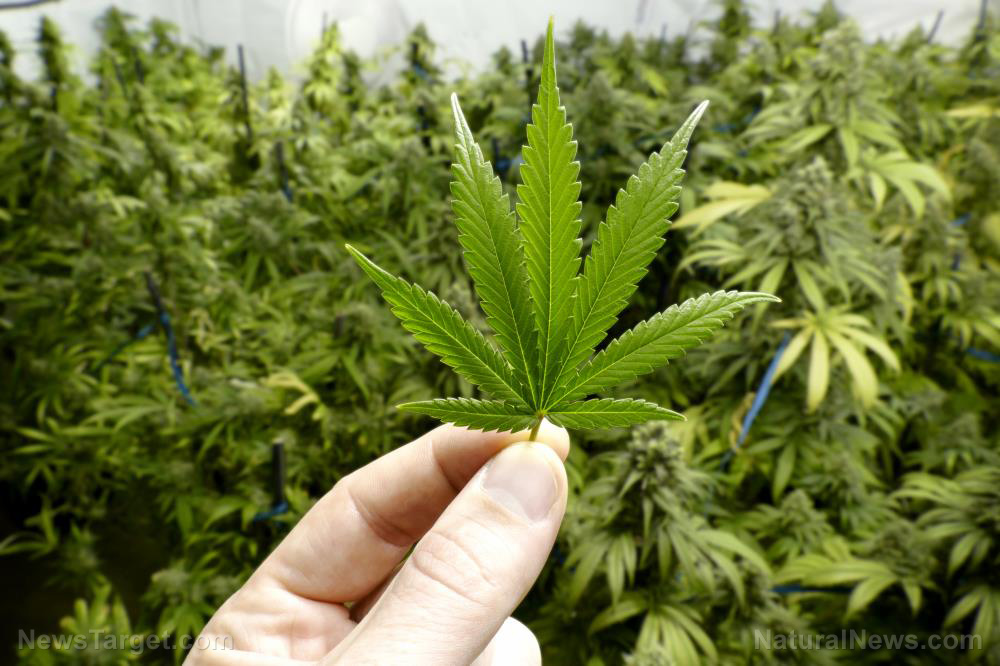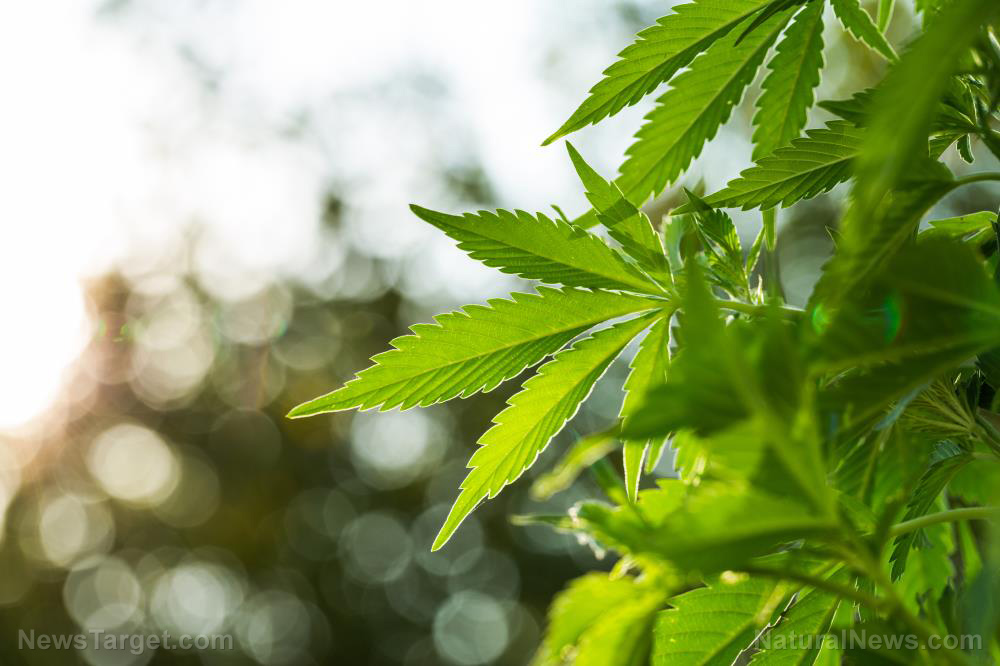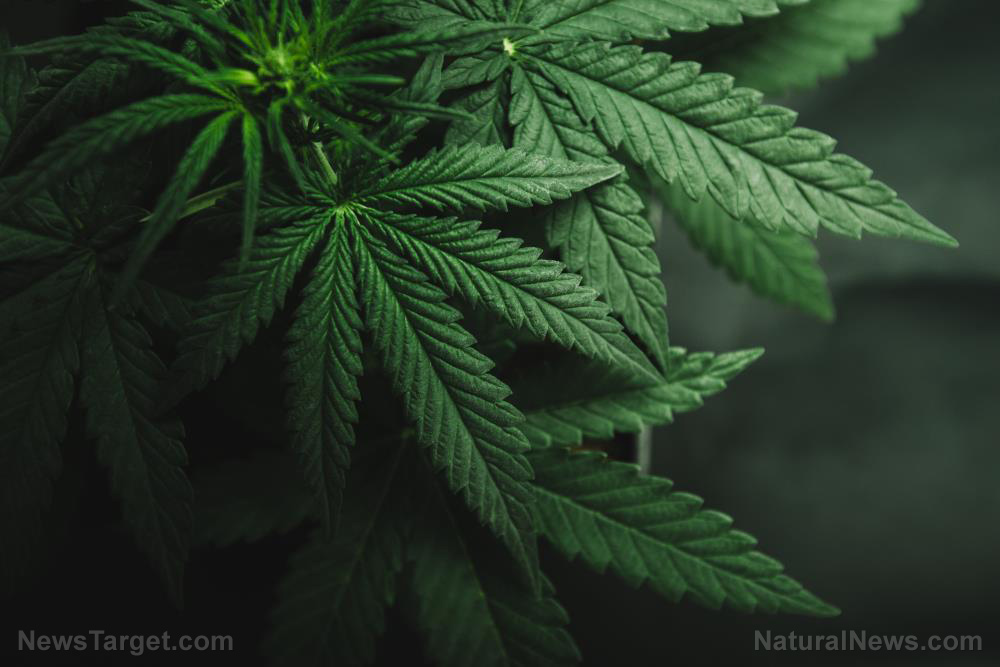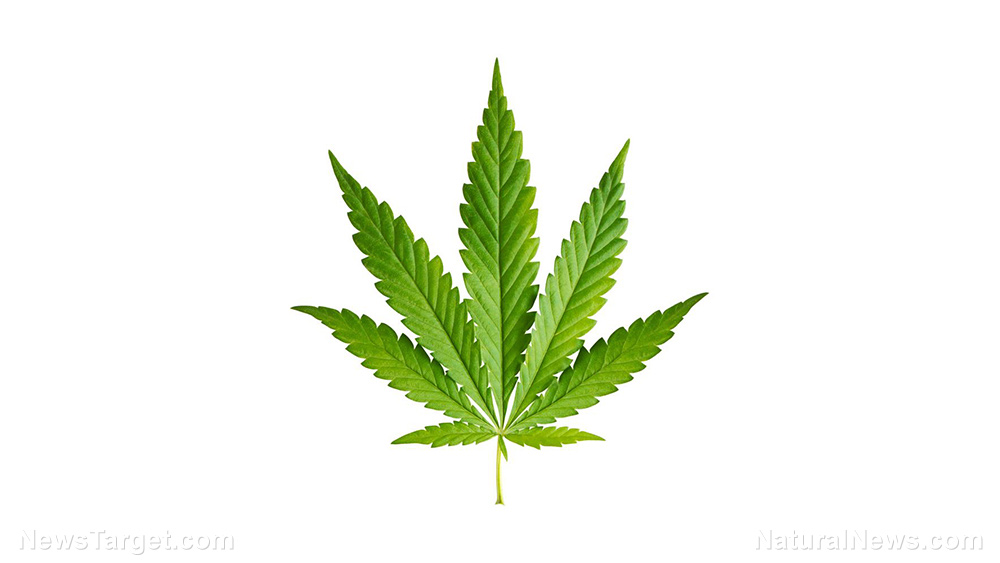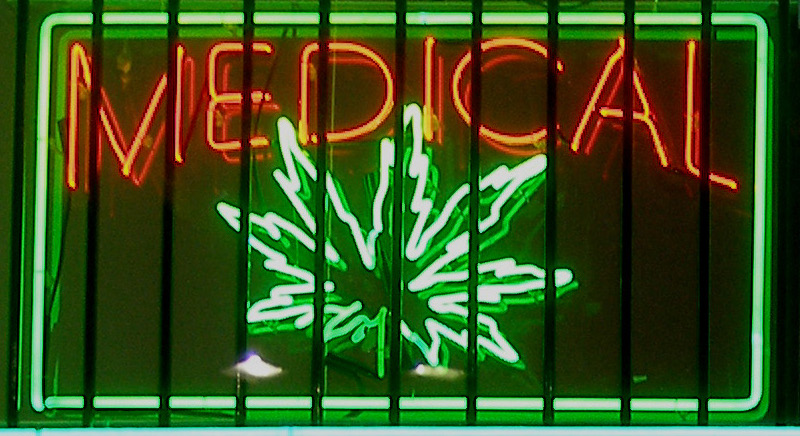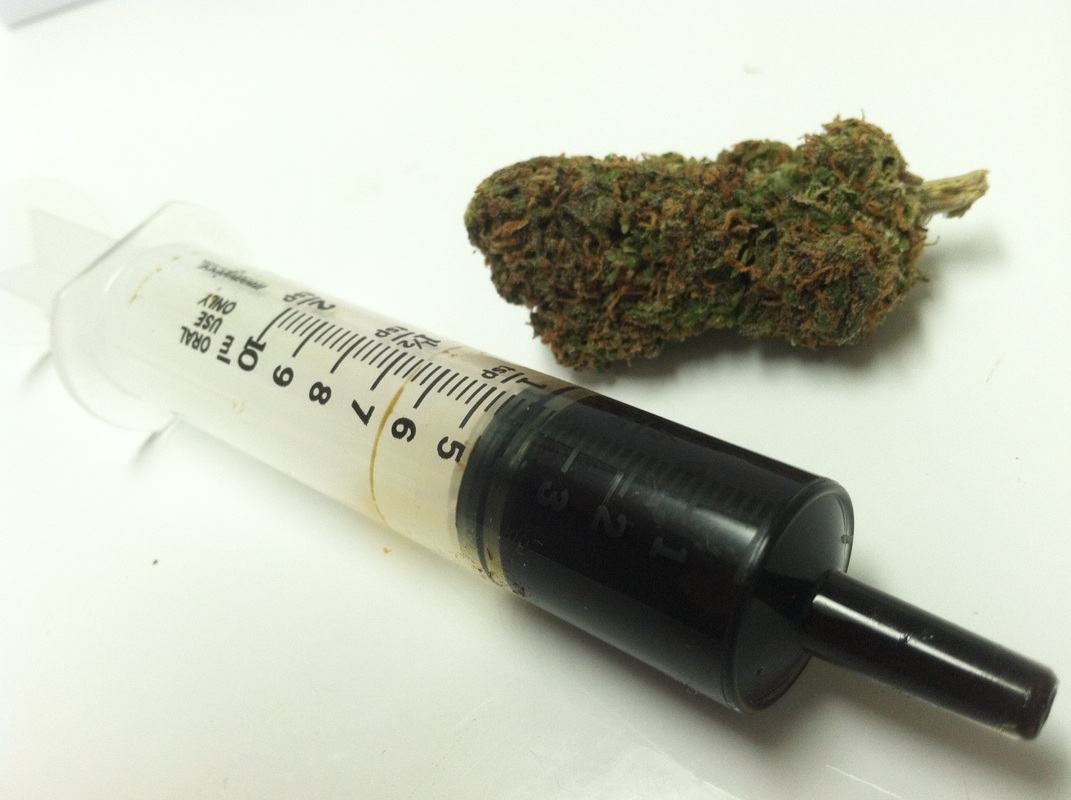Study suggests high-CBD cannabis strain is safer for your health than high-THC varieties
10/03/2019 / By Isabelle Z.
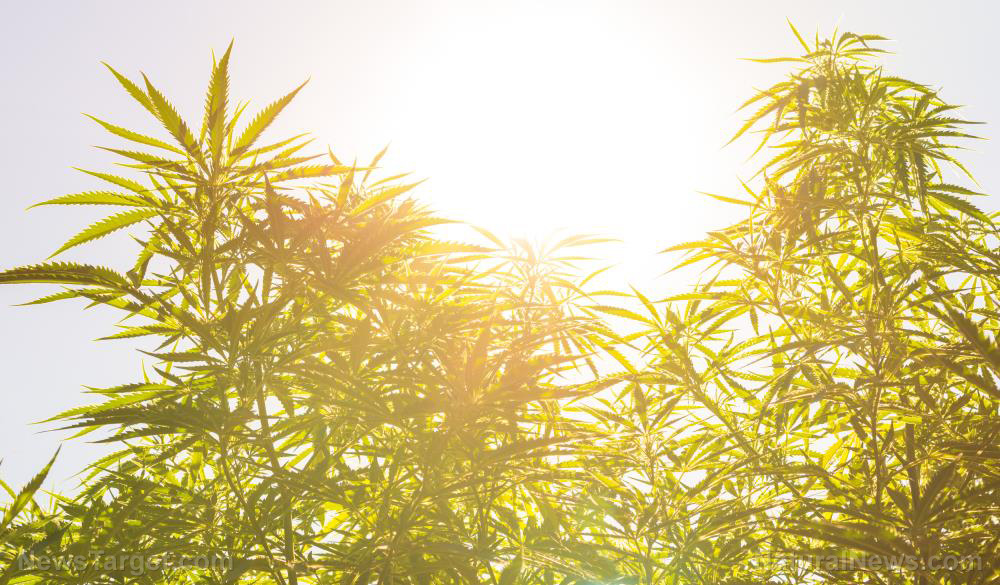
There is no question that cannabis imparts many impressive benefits to those who are suffering from several different types of illnesses, but many people are put off by the idea of marijuana and the potential issues associated with regular use, like addiction or psychosis. Now, a study has shown that sticking to strains that are high in CBD might be all it takes to help people avoid the negative effects of cannabis.
The study, which was published in the Journal of Psychopharmacology, was the first to use functional magnetic resonance imaging (fMRI) to explore the impact that various cannabis strains have on a person’s brain function.
The lead author of the study, University College London’s Dr. Matt Wall, pointed out that the rates of psychosis and addiction associated with cannabis use have been rising during the past 20 years just as stronger strains with more THC and less CBD have growing in popularity. That now appears to be no coincidence, as the research shows that CBD may help protect users against THC’s more acute effects in the brain.
CBD and THC are two natural compounds that are found in cannabis. CBD is cannabidiol, and it can be extracted from marijuana or hemp. It’s often sold in oil and supplement form to address health issues. THC, or tetrahydrocannabidiol, is the main psychoactive compound of marijuana that is known for giving users a feeling of being high. Although the two compounds interact with the endocannabinoid system of the human body, their effects are different.
Scientists already knew that THC plays a big role in addiction to cannabis, but the interaction between CBD and THC is still largely mysterious.
Functional MRI reveals CBD’s protective effects on the brain
In the study, researchers looked at 17 people who had taken different strains of cannabis, monitoring their brain activity while they were at rest. Both strains contained the same amount of THC, but one also had high levels of CBD. The other contained negligible amounts of CBD. The researchers say that the two strains studied are comparable to the varieties that are currently in common usage.
They noted that the people who took the low-CBD strain had impaired functional connectivity in their brains, particularly in certain areas. One of the areas affected was the posterior cingulate, and this disruption was strongly correlated with the participants’ reported feelings of being “high” or “stoned.” This would suggest that this part of the brain plays a big part in shaping the more subjective effects of cannabis use.
The researchers also found impaired functional connectivity in the salience networks of the brains of people in the low-CBD group. This network supports the brain’s other networks and is responsible for determining which emotional and sensory inputs we ultimately tune in to. Disruptions in this network have already been linked to psychosis and addiction.
Look for strains that are high in CBD to avoid the negative effects of marijuana
According to the researchers, their finding provides further evidence that strains of cannabis that have higher amounts of CBD could be less harmful, and jurisdictions where cannabis use is legal may even seek to regulate CBD content to help people avoid negative effects.
It’s also useful information for consumers who are looking to get the maximum benefits of cannabis with the least risk. Dr. Wall stated: “As cannabis is becoming legal in more parts of the world, people buying cannabis should be able to make an informed decision about their choice of cannabis strain and be aware of the relative risks.”
Sources for this article include:
Tagged Under: alternative medicine, brain function, brain health, cannabidiol, cannabis, CBD, herbal medicine, Herbs, marijuana, medical marijuana, natural medicine, plant cures, plant medicine, THC
RECENT NEWS & ARTICLES
COPYRIGHT © 2017 MEDICAL MARIJUANA UPDATE






